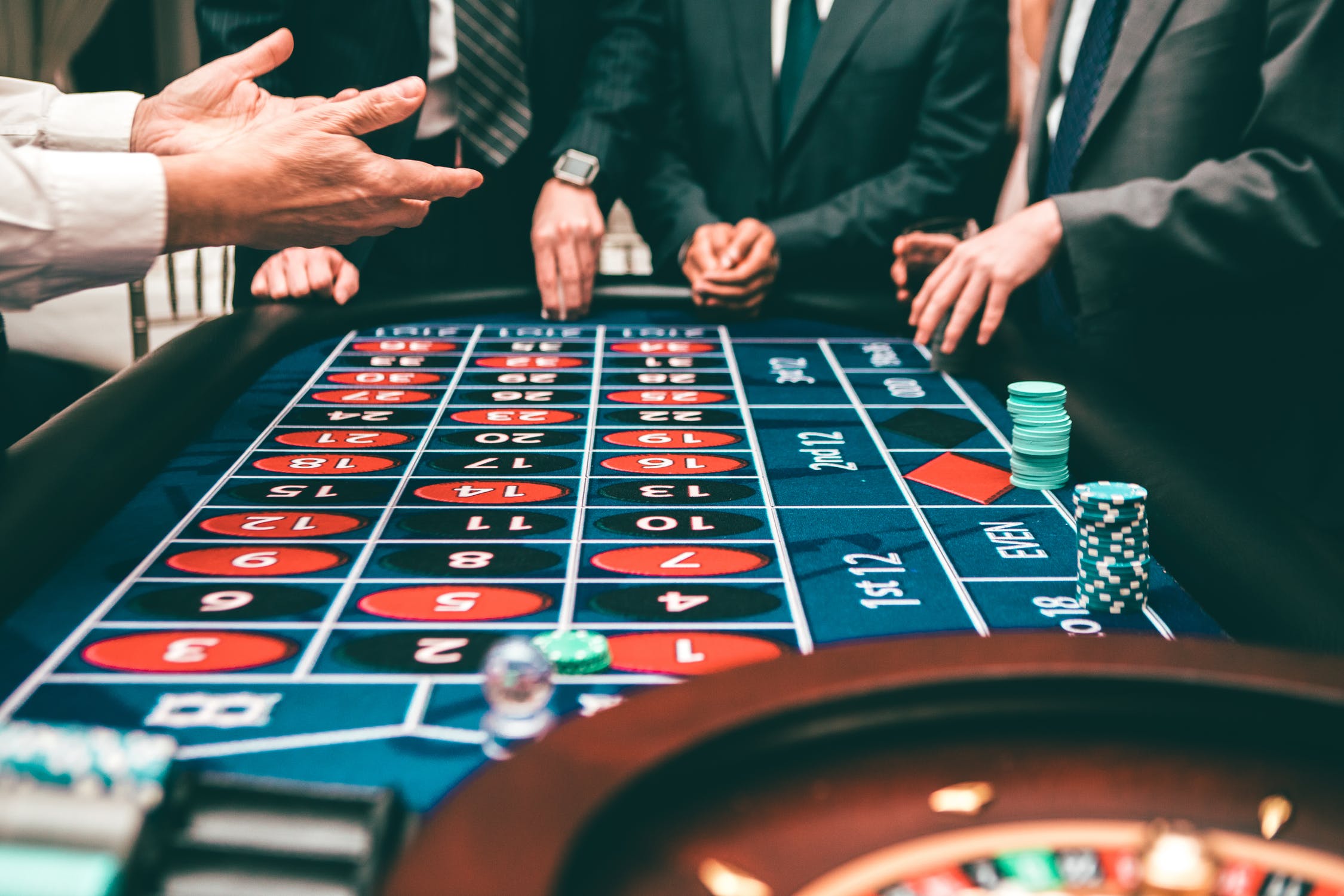
Casino games have long been an integral part of human culture, delivering not just entertainment but a intriguing reflection of our dreams, ambitions, and fears. From the turning reels of a slot machine to the strategic gameplay of poker, these games represent a range of human feelings and experiences. At their core, casino games are not just a chance to win money; they are a snapshot of life itself, where danger and gain merge and fate can change in an instant.
As players convene around tables or sit in front of vibrantly illuminated machines, they take part in a ritual that transcends mere betting. These games echo our instinctive desires for social interaction, adventure, and the pursuit of luck. They also reveal deeper truths about human behavior, such as our relationship with luck and the adrenaline of the unknown. In exploring casino games, we discover not only the nuances of play but also the rich tapestry of the human journey, showcasing our woven narratives of hope and reality.
The Mind Behind Gambling
Wagering is intrinsically connected in human psychology, tapping into various feelings and wants. The thrill of risk-taking is a core aspect that draws players in, be it it’s excitement of spinning a roulette or the anticipation of drawing a winning card in a poker game. This adrenaline is often compared to other forms of excitement, as the unpredictability of outcomes elicits a distinct psychological response. Players often find themselves entranced by the possibility of winning big, leading to an almost magnetic draw toward gambling games.
Additionally, an essential component of the psychology behind gambling is the concept of hope and ambition. Participants often nourish fantasies of financial freedom and the opulent lifestyle that can accompany winning. This optimism fuels their continued participation in gambling, as it provides a sense of purpose and the conviction that a life-changing win could be just one wager away. The story of overcoming odds and finding success resonates with many, strengthening their commitment to play and involve themselves with these games.
Finally, social dynamics play a crucial role in gambling psychology. Casino environments are designed to foster social interaction, where gamblers gather to share the journey of wins and losses. This shared aspect not only amplifies enjoyment but also influences behavior, as individuals often mimic the actions of others around them. The social validation found in mutual thrill can magnify the emotional experience, making casino games a mirror of not just personal desires but also collective engagement within the gaming community.
### Risk and Reward: A Double-Edged Sword
Gambling games embody the delicate balance between risk and gain that resonates profoundly with human psychology. The thrill of placing a wager is often accompanied by a surge of excitement, as participants are confronted with the prospect of winning big, yet conscious of the potential to lose. This bipartisan experience reflects a core aspect of life: the decisions we face often come with built-in risks, and the pursuit of reward can drive us to take chances we might not normally consider. In this way, casino games mirror real-world decisions, enticing gamblers to gamble not just their money, but also their hopes.
The allure of grand jackpots and winnings fuels a sense of optimism, motivating players to imagine a more promising future that could manifest from a lucky spin of the roulette or flip of a card. This positive outlook can compel individuals to engage in more daring actions, urging them to take greater risks in search of monetary success. However, just as in life, the results of these risks can lead to both triumph and despair. The stories of both big winners and those who have lost everything at the casino demonstrate the unpredictable nature of luck and its consequential effect on our futures.
Ultimately, the interaction of engaging with gambling activities serves as a potent reminder of the nature of humanity. Every session played is loaded with the tension of ambiguity, as gamblers weigh the rewards against the dangers. This interaction not only highlights the excitement that comes with gambling but also exposes the vulnerabilities that come with the longing for more. As we journey through the challenges of decision-making and consequence in both the gambling world and in life, we find that the search for benefit shapes our sense of self and experiences in deep ways.
Society and Solitude in Gambling Environment
Casino culture is a special blend of communal interaction and individual pursuit, reflecting the contrasts of individual experience. Players often come together around tables, sharing in the excitement of the action, celebrating wins, and commiserating over losses. This communal aspect is vital, as it fosters a sense of community and bonding among diverse groups of people. Regular visitors to gaming establishments may build friendships and establish routines, turning the casino into a second home where they experience connected to a larger community of players.
However, the attraction of casino games can also result to isolation. As individuals become engrossed in the excitement of playing, they may withdraw from personal relationships or neglect to interact with the environment outside the gaming space. For some, the search of a jackpot can distract from real connections, leading to isolation. The situation of being among others yet experiencing solitary is not rare, as the focus shifts from shared enjoyment to the private concerns of each player’s path.
This interaction of community and solitude creates a rich mosaic that defines gaming atmosphere. It showcases the intricacy of social interactions, where happiness and despair exist together. Gambling venues serve as both a refuge for social interaction and a platform for individual struggles, demonstrating how deeply connected our yearning for companionship and the personal quest for wealth can be. In navigating this landscape, gamblers confront their own narratives—seeking both the thrill of the game and the companionship of other gamblers, eventually reflecting the broader spectrum of human experience.
https://sv88.li/